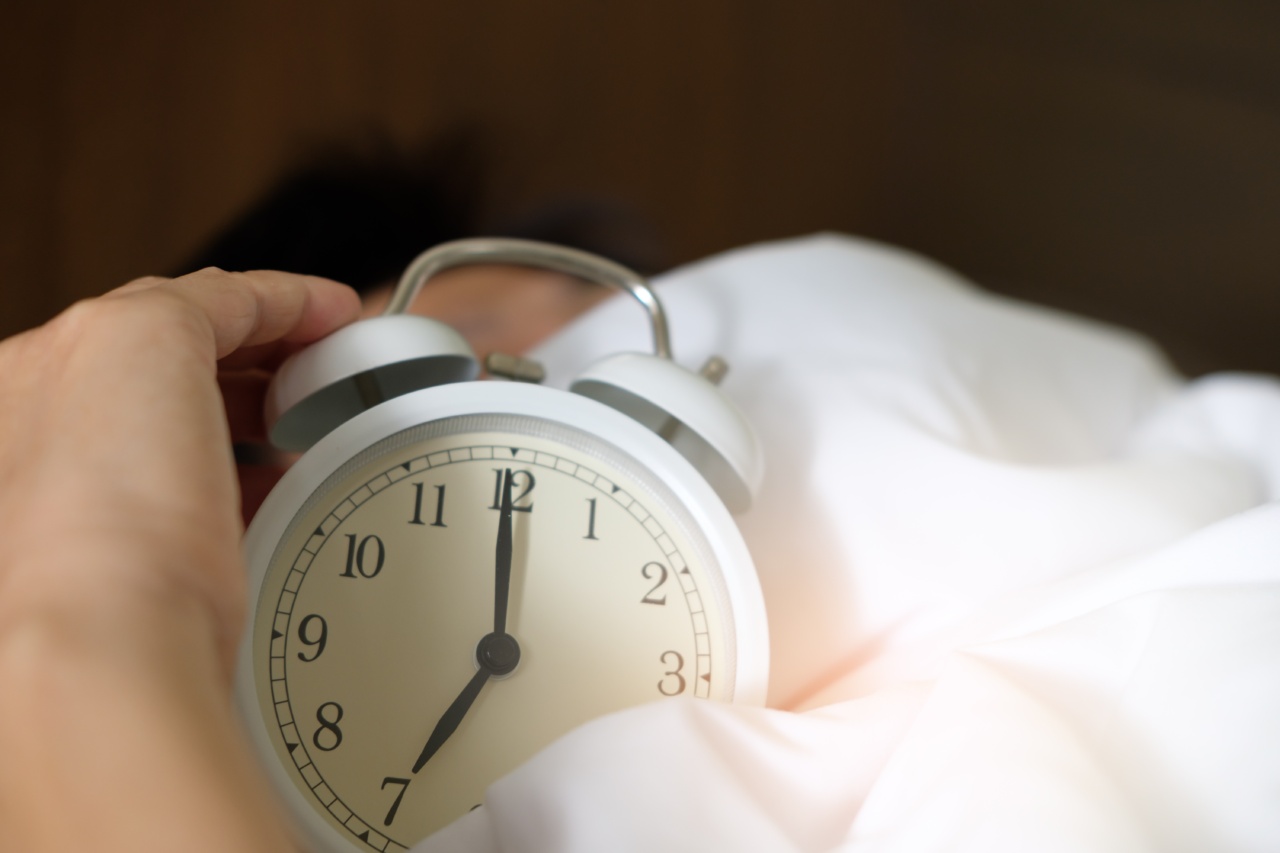Have you ever found yourself hitting the snooze button on your alarm clock repeatedly, trying to squeeze in a few more precious minutes of sleep? If you’re guilty of this habit, you’re not alone.
Snoozing has become a common practice among many individuals who struggle with waking up in the morning. However, the implications of pushing snooze on your alarm clock repeatedly can have a significant impact on your overall well-being and productivity.
In this article, we’ll explore the consequences of this habit and discuss possible solutions to help you break free from the snooze cycle.
The Science Behind Sleep Cycles
Before we delve into the implications of snoozing, it’s essential to understand the science behind sleep cycles. Sleep follows a recurring pattern comprising several stages, including light sleep, deep sleep, and rapid eye movement (REM) sleep.
Each sleep cycle typically lasts around 90 minutes and consists of these different stages.
When your alarm goes off, chances are you’re in the midst of a sleep cycle. The purpose of snoozing is to provide extra time to complete the interrupted sleep cycle.
However, repeatedly hitting snooze can disrupt the natural rhythm and lead to grogginess and sleep inertia, making it harder to wake up fully.
The Negative Effects of Snoozing
Snoozing might seem harmless enough, but its consequences can be more profound than you might imagine. Here are some implications to consider:.
1. Disrupted Sleep Patterns
Repeatedly interrupting your sleep cycles by snoozing can throw off your natural sleep patterns.
Instead of experiencing uninterrupted deep sleep, you may find yourself constantly drifting in and out of lighter stages of sleep, resulting in a less restful night’s rest.
2. Increased Fatigue
The quality of your sleep has a direct impact on your energy levels throughout the day. By snoozing, you’re fragmenting your sleep and decreasing the overall quality, leading to increased fatigue.
This can affect your ability to concentrate, make decisions, and perform tasks effectively.
3. Reduced Productivity
The grogginess and difficulty in waking up that result from snoozing can have a significant impact on your productivity.
Starting your day in a haze and constantly playing catch-up to make up for lost time can hinder your ability to focus, prioritize tasks, and accomplish your goals.
4. Heightened Stress Levels
Constantly rushing to get ready and feeling behind schedule because of snoozing can leave you feeling stressed and anxious.
This chronic state of stress can have detrimental effects on your mental and physical well-being, leading to a higher risk of developing health issues such as heart disease and depression.
5. Lack of Routine
Snoozing often leads to a lack of consistency in your waking hours. Your body craves routine and thrives on a regular sleep schedule.
By repeatedly pushing snooze, you’re disrupting this cycle, making it harder for your body to establish a healthy sleep pattern.
Breaking Free from the Snooze Cycle
While breaking the snooze habit may require some effort, it’s entirely possible to reclaim your mornings and establish a healthier routine. Here are a few strategies that can help:.
1. Set a Consistent Bedtime
Ensuring you have enough time to get a full night’s sleep is essential for waking up refreshed and avoiding the temptation to hit snooze. Experiment with different bedtimes to find the optimal duration of sleep that suits you best.
2. Create a Relaxing Bedtime Routine
Establishing a relaxing bedtime routine can signal to your body that it’s time to wind down and prepare for sleep.
Avoid stimulating activities such as screen time or intense workouts close to bedtime, and instead, opt for calming activities like reading or taking a warm bath.
3. Place Your Alarm Clock Smartly
Position your alarm clock across the room from your bed, making it necessary to physically get out of bed to turn it off. This will help you resist the urge to hit snooze and encourage you to start your day promptly.
4. Have a Motivating Morning Ritual
Create a morning routine that excites and motivates you to get out of bed.
Whether it’s enjoying a cup of coffee, spending a few minutes stretching, or listening to uplifting music, having a positive start to your day can make waking up easier and more enjoyable.
5. Embrace Natural Light
Expose yourself to natural light as soon as possible after waking up. Open the blinds or go outside for a brief walk to allow sunlight to regulate your body’s internal clock. This can help you feel more awake and alert.
Conclusion
Repeatedly pushing snooze on your alarm clock may seem like a harmless way to steal a few extra minutes of sleep, but its implications can significantly impact your daily life.
By understanding the science behind sleep cycles and the negative effects of snoozing, you can make informed choices to break free from this habit.
Establishing a consistent sleep routine and implementing strategies to resist the urge to hit snooze can lead to improved productivity, decreased stress levels, and increased overall well-being.
Remember, a well-rested mind and body are better equipped to face the challenges of each day.



























